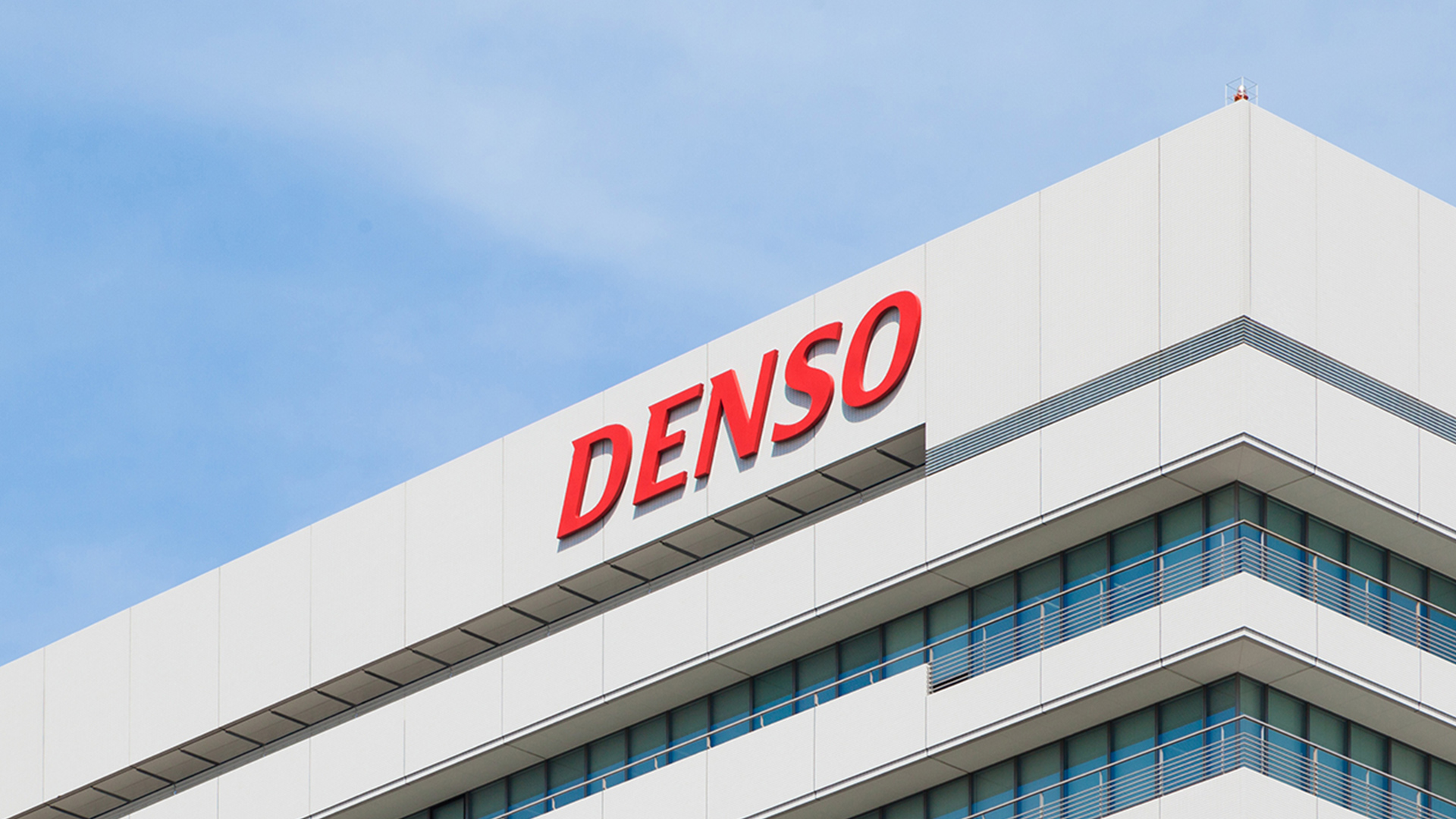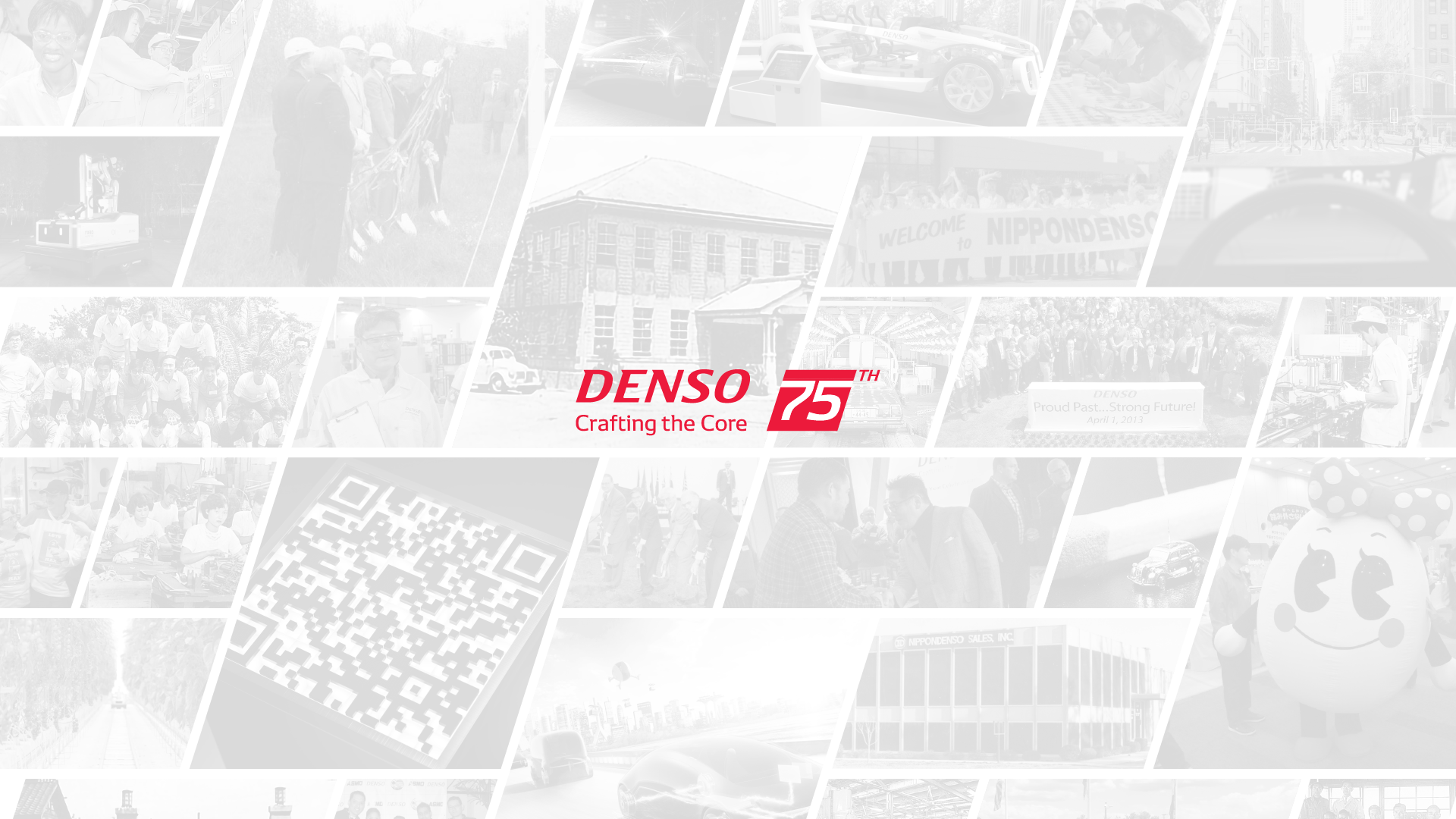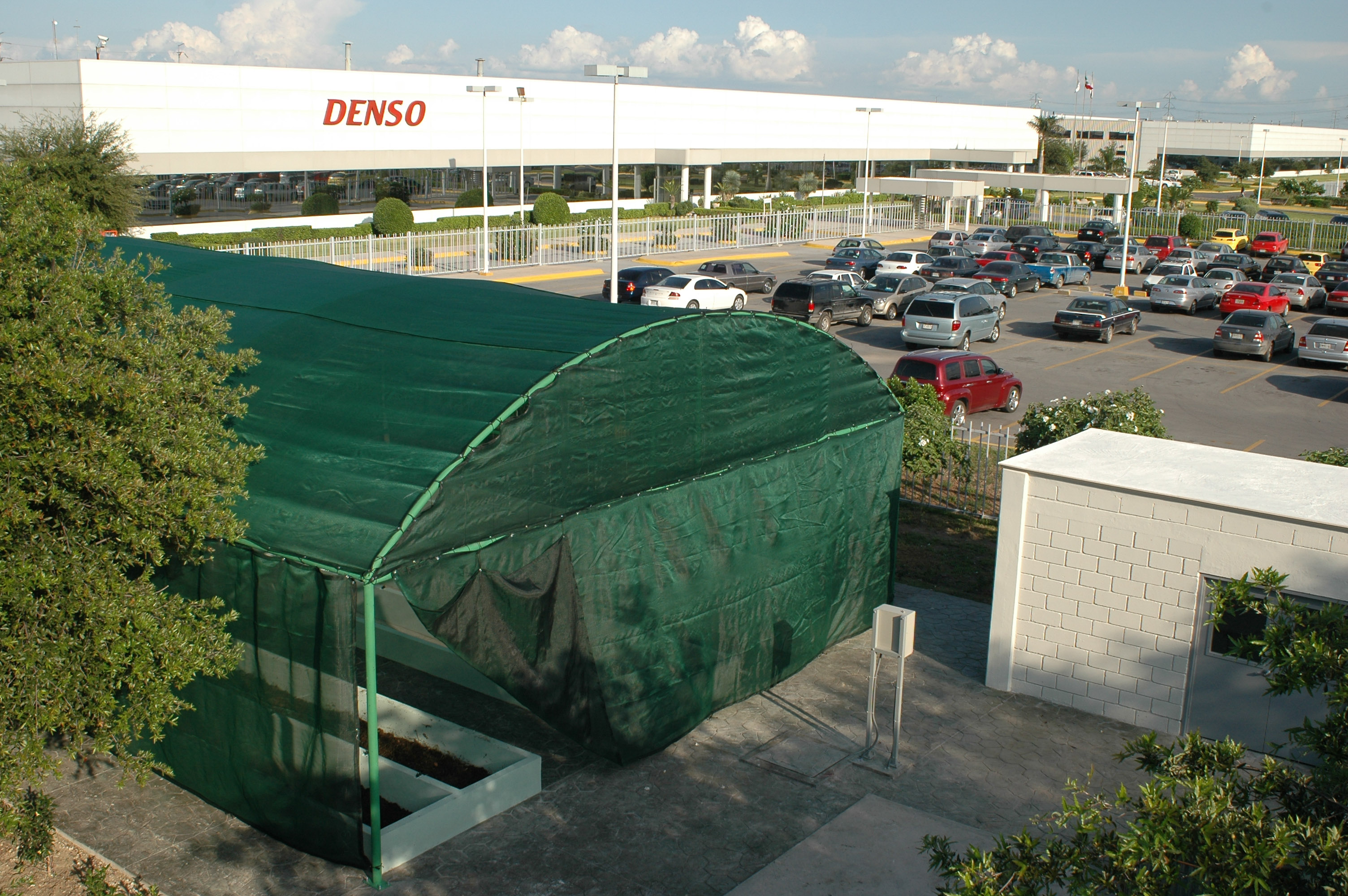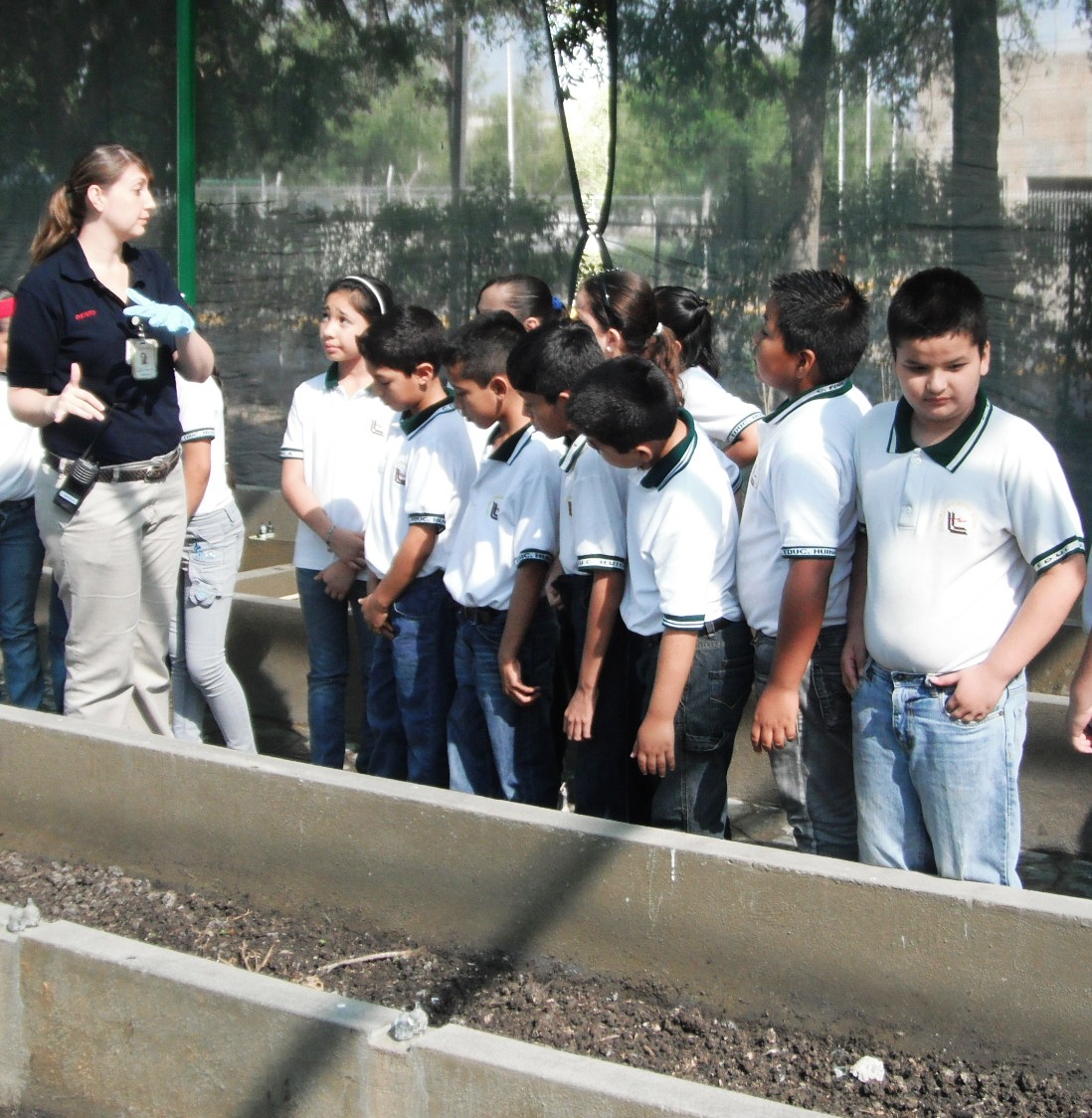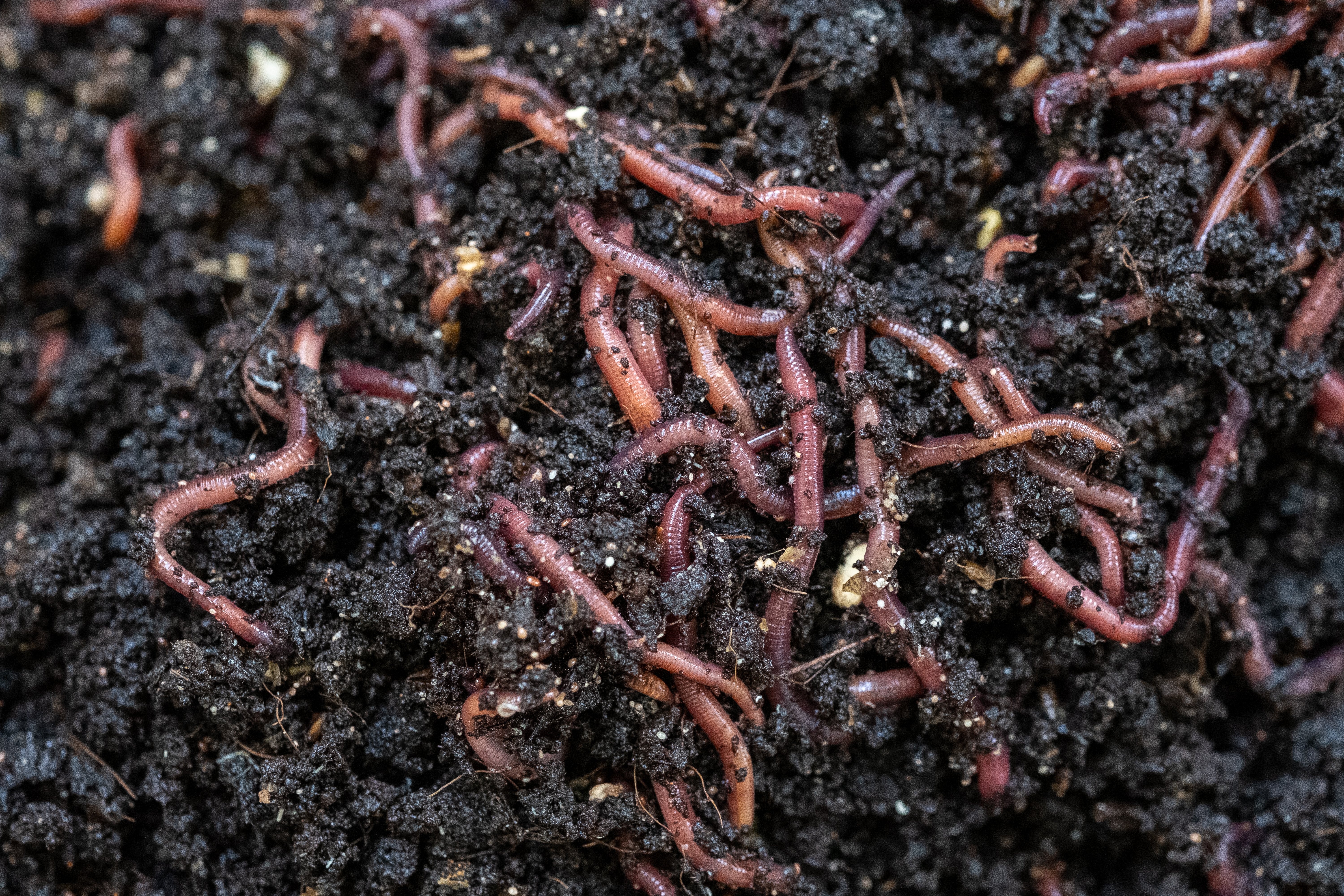
Supporting the Community… Even the Worms
More than 75,000 California red worms, living on a Mexican farm by the DENSO Apodaca plant, enjoy a daily dining experience that’s like no other.
And while their menu might sound creepy, for these wiggly crawlers, it’s a delight.
The hungry worms are “hooked” on their daily fare of food scraps from DENSO’s cantina, its bathrooms’ used toilet (sanitary) paper and resulting wastewater, as well as garden waste from the plant’s grounds.
This particular diet may not seem appetizing, but the worms love it. In fact, every day, they consume their own weight in organic waste, with the end product being a highly enriched fertilizer, formed from their resulting excretions, which annually totals approximately 30 tons.
Vermiculture At Work
An organic recycling method called vermicomposting, or vermiculture, is at work here, according to Marco Garcia, DENSO Mexico Region General Manager, Safety, Health and Environment (SHE).
Garcia said the worms eat waste and excrete humus with a process that is akin to waste recycling for the Apodaca plant. It turns a potentially serious problem into rich organic fertilizer.
Humus is the name used to define the upper layer of soil, filled with decomposed organic matter and microorganisms. Garcia said for the soil to be fertile, it must contain humus. The overall process from excretion to fertilizer takes time, from composting, which takes three months, to the drying stages.
The worm farm, established in 2006, also saves the Apodaca plant approximately $30,000 in annual disposal costs, according to Francisco Ruiz, SHE Environmental Assistant Manager for the site. The worms reduce landfill waste from Apodaca’s manufacturing operations, thus easing crowded conditions in the Monterrey region’s industrial landfills. Additionally, the worm farm is in sync with the plant’s green goals of the zero emissions standard.
Gifts That Keep On Giving
The worm farm’s benefits don’t end there. Ruiz said the organic fertilizer is bagged up and distributed to DENSO associates for enriching their home gardens or gifted to the local nearby towns for municipal planted beds for flowers and trees. He said 120 bags usually are given out each month to DENSO team members and others.
The process also has a local educational angle. On-site vermicomposting workshops on how to cultivate “residential worm farms” have been enthusiastically attended by Apodaca plant associates, neighbors, students and environmental associations.
Class attendees can take notes and tour the worm farm, which is in a bright blue-green tented structure on the edge of the plant grounds. Its handsome paver walkway leads between tiers of fertile soil in raised beds.
Garcia said the entire structure is enclosed by sturdy netting, which lets weather elements in, but is designed to keep out those pesky birds …including the early birds who try to get the worms.


